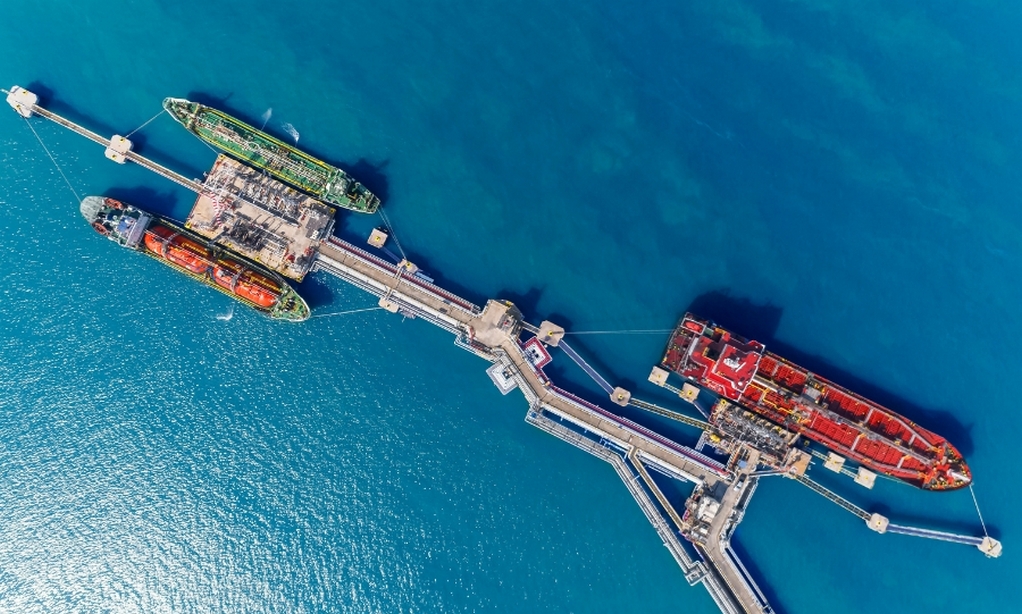According to United Nations Conference on Trade and Development (UNCTAD) experts, the maritime sector’s move to zero-emission fuels could increase trade costs and impact global commerce differently across regions and commodities.
Over 80 per cent of global trade by volume and 70 per cent by value, transported via ships, would be notably affected by these cost changes. Small island developing states (SIDs) and least developed countries (LDCs), heavily dependent on imports and exports and distanced from major trade routes, are prone to increased transport costs. Presently, they pay twice what developing countries do for their trade transportation, rendering them particularly vulnerable to further price increases.
Furthermore, transport costs disproportionately affect goods with a lower value per ton, such as agricultural and industrial raw materials. As such, countries heavily reliant on these exports are more exposed to fuel cost changes, putting developing countries at a disadvantage.
Heightened transport costs could lead to inflated import prices and jeopardised regional food security, as evidenced in East Africa during the COVID-19 pandemic. This scenario underscores the need for special attention to regions uniquely exposed to increased transport costs.
Current negotiations at the International Maritime Organisation’s (IMO) MEPC80 aim to create measures to counter these concerns. Proposed mechanisms include redistributing funds to states most impacted by measures like carbon pricing or the feebate system.
Even though marine fuel price increases are crucial for limiting shipping emissions, a global response is necessary to ensure that the revenue collected benefits the Global South and nations located far from their markets. IMO member states are urged to progress maritime decarbonisation whilst alleviating disproportionate negative impacts on the worst affected countries, the article added.
Despite higher trade costs, maritime decarbonisation presents an opportunity for certain countries to engage more in international trade via the production and supply of scalable zero-emission fuels, a potential largely skewed towards the Global South and developing nations. Progress at MEPC80 will be crucial in ensuring a global approach to maritime decarbonisation, leaving no country behind.
Tags: Maritime Industry, UNCTAD, Zero Emission



Recent Posts
Stena Line’s Hybrid Ferry Stena Futura Completes Sea Trials, Set to Boost Irish Sea Freight Capacity
Taiwanese owner makes methanol move with WinGD across multiple engine orders
Econowind installs four VentoFoils on tanker M/T JUTLANDIA SWAN
Global Maritime Groups Unite to Launch Alliance for Electrification of Shipping Sector
India Charts Green Future for Maritime Sector with Hydrogen Hubs and Sustainable Port Strategy
ZeroNorth’s SMARTShip platform integrates with ClassNK MRV portal to automate emissions reporting
Towngas Partners with TLB, Pacific Basin to Advance Green Marine Fuel Infrastructure in Hong Kong
SECI Extends Bid Deadline for Green Ammonia Tender Under SIGHT Scheme